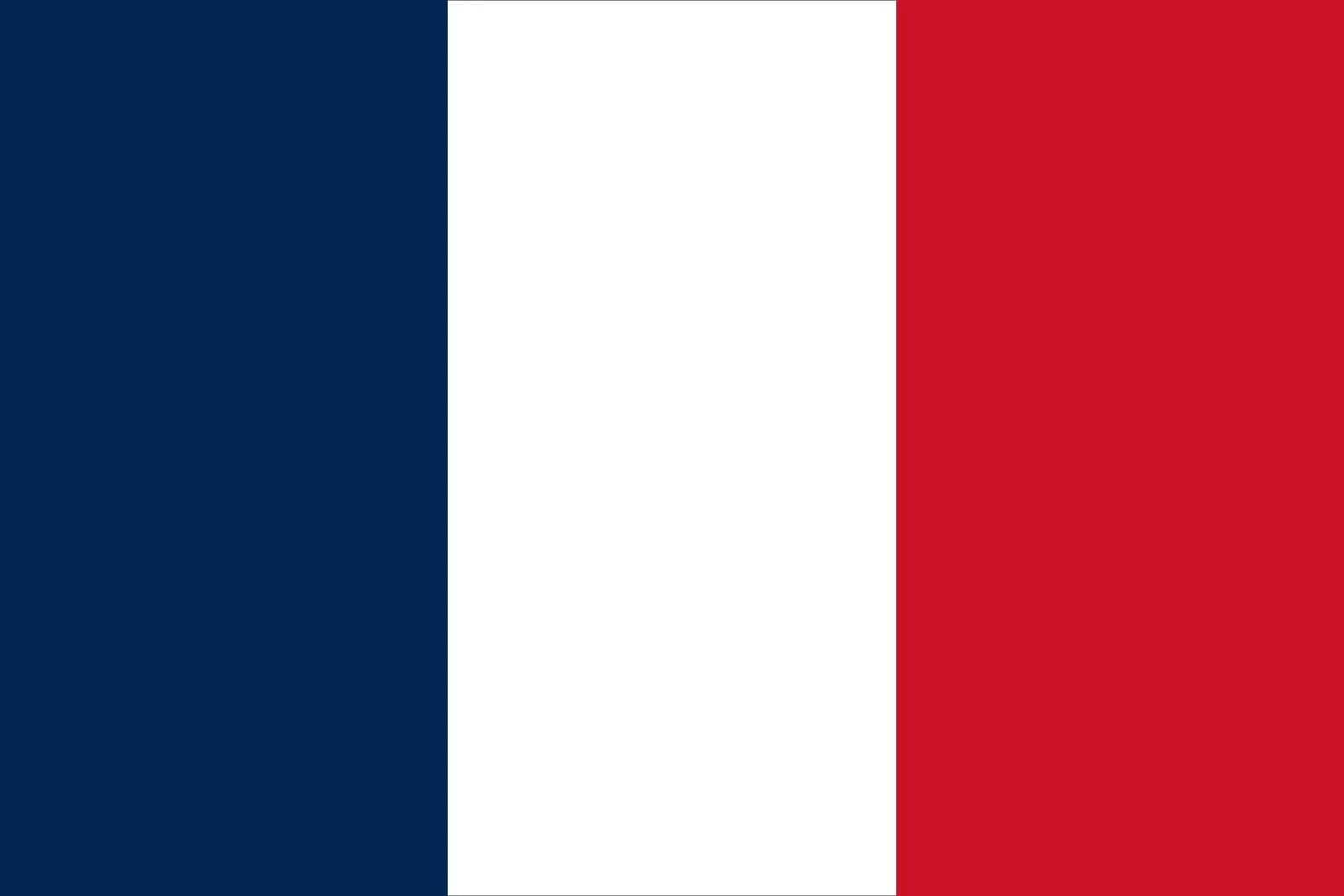×
Home
Skilled Migration
HR Placement
Pay Online
Client Reviews
Our Success Stories
Our Team
Blog
Contact Us
- Australia
- Australian PR (Permanent Residency)
- Australia immigration pathways
- Point based immigration system
- occupation in demand for Australian immigration
- Work settle in Australia for Nurse Hotel mangers and IT
- Australian Immigration Point Calculation
- Australian Immigration Point Table
- Australian Subclass 189
- Australian Subclass 190
- Australian Subclass 491
- Skill Assessment Australia
- latest Australian invitations
- Canada
- Express Entry PNP
- Temporary Permit
- QUEBEC Immigration ARRIMA
- Atlantic Immigration Pilot Program
- AAIP (Alberta Advantage Immigration Program)
- BY GOVT OF SASKATCHEWAN
- EXPRESS ENTRY
- CEC
- PROVINCE NOMINATION
- CANADA IS WAITING FOR NURSES
- PARENT AND GRANDPARENTS SUPER VISA
- SPOUSE OR COMMON LOW PARTNER VISA
- FEDERAL SKILLED IMMIGRATION PROGRAMME
- RNIPP
- CANADIAN HEALTH CARE LICENSE
- Pharmacist license in Canada
- Truck Drivers Canada
- Europe
- Home
- About
- Skilled Migration
Settled & Work with Permanent Residency
Here we are trying to get you to know our experience about Express Entry PR, PNP PR, LMIA, which are currently possible for Canada Migration
-
Australia
- Australian PR (Permanent Residency)
- Australia immigration pathways
- Point based immigration system
- occupation in demand for Australian immigration
- Work settle in Australia for Nurse Hotel mangers and IT
- Australian Immigration Point Calculation
- Australian Immigration Point Table
- Australian Subclass 189
- Australian Subclass 190
- Australian Subclass 491
- Skill Assessment Australia
- latest Australian invitations
-
Canada
- Express Entry PNP
- Temporary Permit
- QUEBEC Immigration ARRIMA
- Atlantic Immigration Pilot Program
- AAIP (Alberta Advantage Immigration Program)
- BY GOVT OF SASKATCHEWAN
- EXPRESS ENTRY
- CEC
- PROVINCE NOMINATION
- CANADA IS WAITING FOR NURSES
- PARENT AND GRANDPARENTS SUPER VISA
- SPOUSE OR COMMON LOW PARTNER VISA
- FEDERAL SKILLED IMMIGRATION PROGRAMME
- RNIPP
- CANADIAN HEALTH CARE LICENSE
- Pharmacist license in Canada
- Truck Drivers Canada
-
- Study Abroad
- HR Placement
- Pay Online
- Client Review
- Our Success Stories
- Our Team
- Contact Us


 Canada
Canada  UK
UK  Singapore
Singapore  Australia
Australia  Ireland
Ireland  France
France